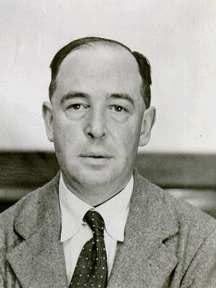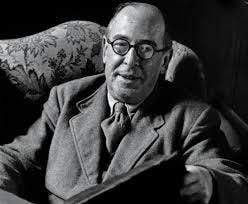Peter Jones: C.S. Lewis on Confessing Our Sins

In the quote below C.S. Lewis is commenting on this phrase from the General Confession in the Book of Common Prayer, “But thou, O Lord, have mercy upon us miserable offenders.” At my church, we say this confession, but replace “offenders” with “sinners.” The quote is one of the best I have ever read on how to confess our sins and the results of confession. Almost every line, especially of the last paragraph, is worth your careful time.

“It is essential [when confessing our sins] to use the plain, simple, old-fashioned words that you would use about anyone else. I mean words like theft, or fornication, or hatred, instead of ‘I did not mean to be dishonest’ or ‘I was only a boy then’ or ‘I lost my temper. I think that this steady facing of what one does know and bringing it before God, without excuses, and seriously asking for Forgiveness and Grace, and resolving as far as in one lies to do better, is the only way in which we can ever begin to know the fatal thing which is always there, and preventing us from becoming perfectly just to our wife or husband, or being a better employer or employee. If this process is gone through, I do not doubt that most of us will come to understand and to share these old words like ‘contrite,’miserable’ and intolerable.’
Does that sound very gloomy? Does Christianity encourage morbid introspection? The alternative is much more morbid. Those who do not think about their own sins make up for it by thinking incessantly about the sins of others. It is healthier to think of one’s own. It is the reverse of morbid. It is not even, in the long run, very gloomy. A serious attempt to repent and to really know one’s own sin is in the long run a lightening and relieving process. Of course, there is bound to be a first dismay and often terror and later great pain, yet that is much less in the long run than the anguish of a mass of unrepented and unexamined sins, lurking in the background of our minds. It is the difference between the pain of a tooth about which you should go to the dentist, and the simple straight-forward pain which you know is getting less and less every moment when you have had the tooth out.”<>статистика поисковых запросов google adwords
The post Peter Jones: C.S. Lewis on Confessing Our Sins appeared first on Kuyperian Commentary.

